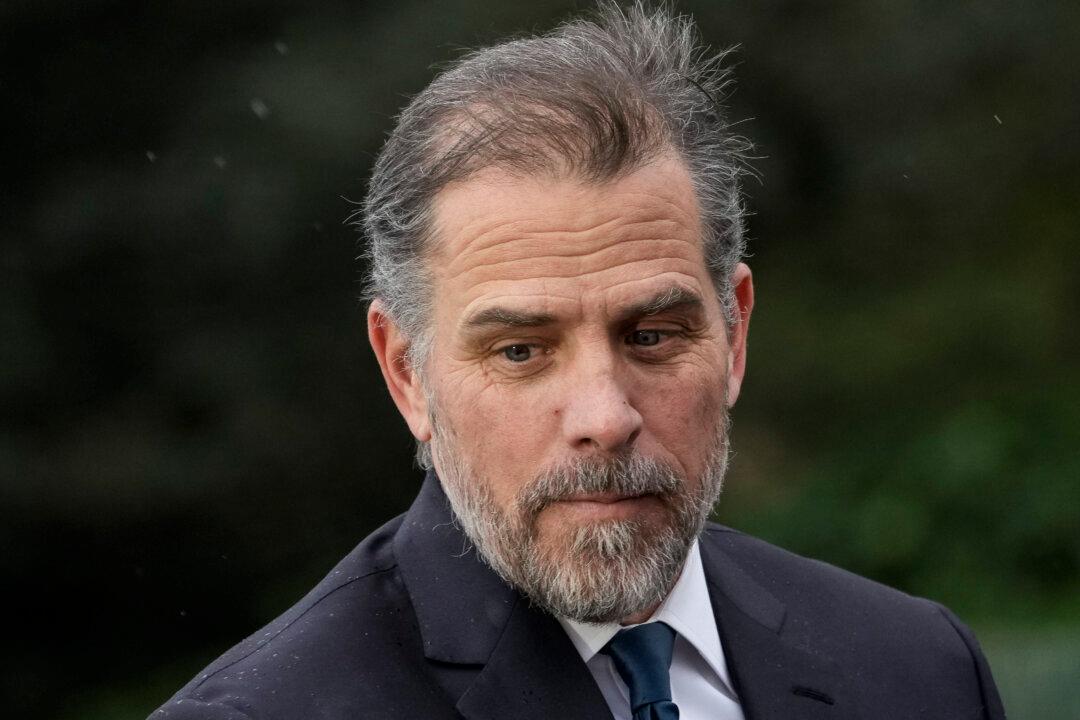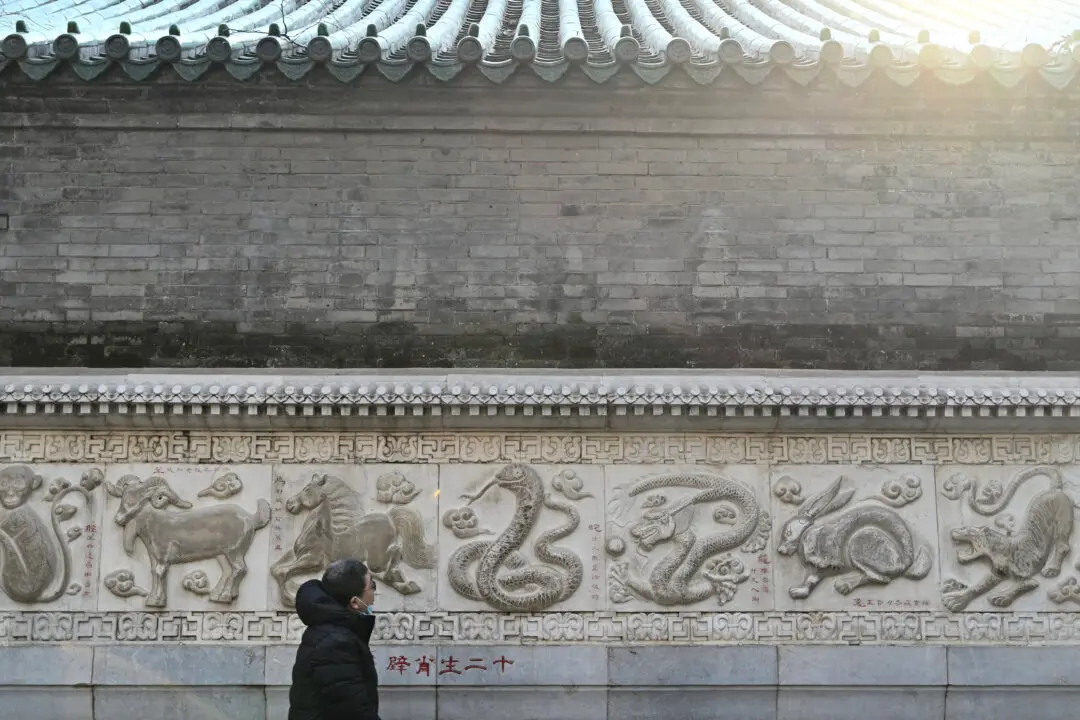Commentary
Based on hundreds of news and investigative reports over the past several years, not to mention well-researched books like Peter Schweizer’s “Profiles in Corruption: Abuse of Power by America’s Progressive Elite,” Hunter Biden—the second son of Joe Biden—has allegedly been waltzing on the dark side of the law for most of his adult life.





